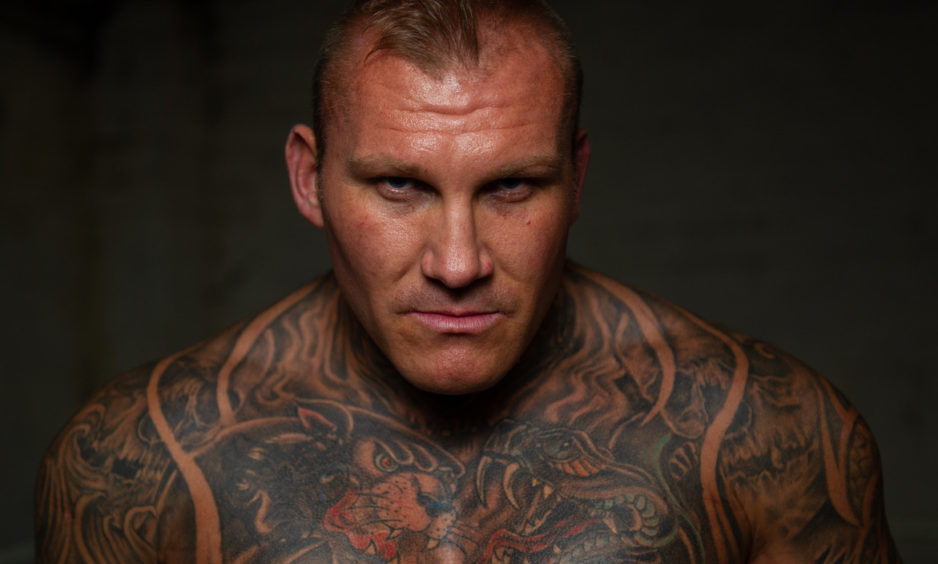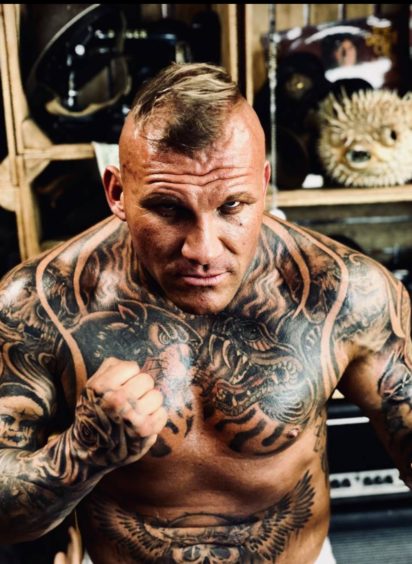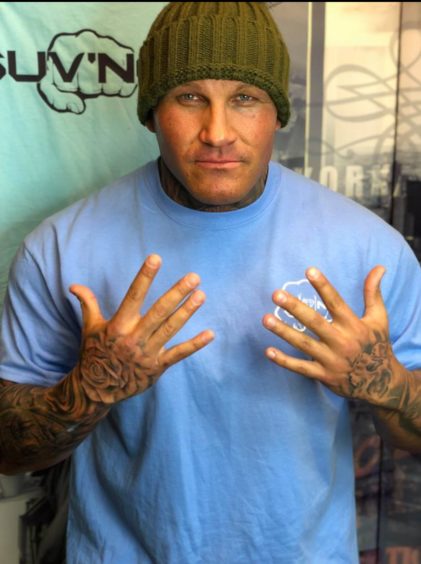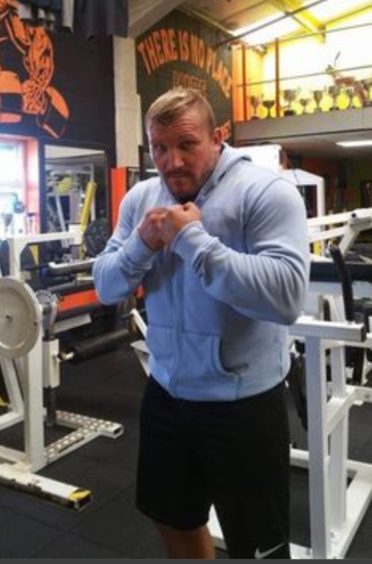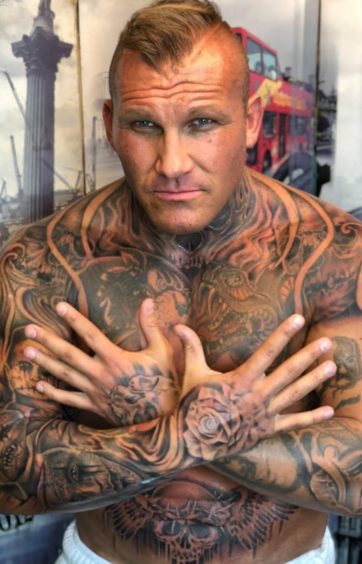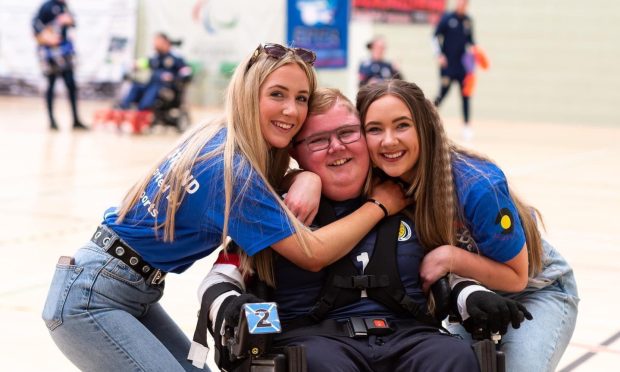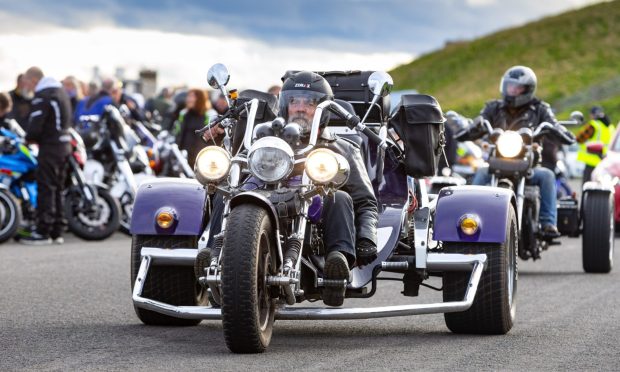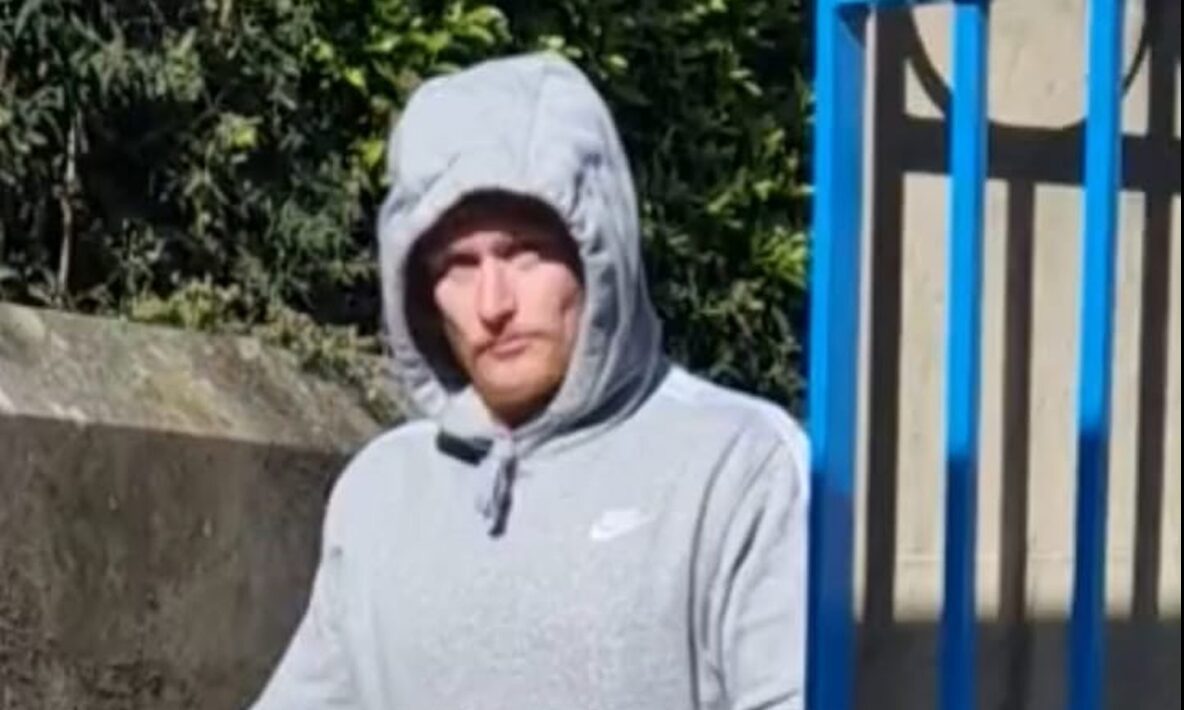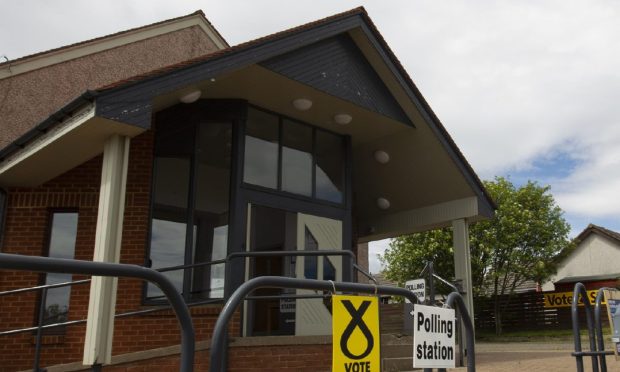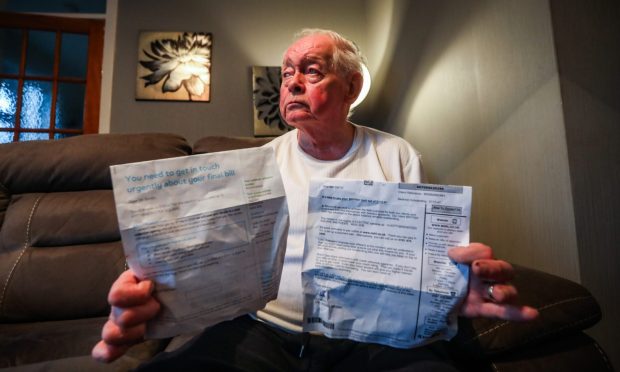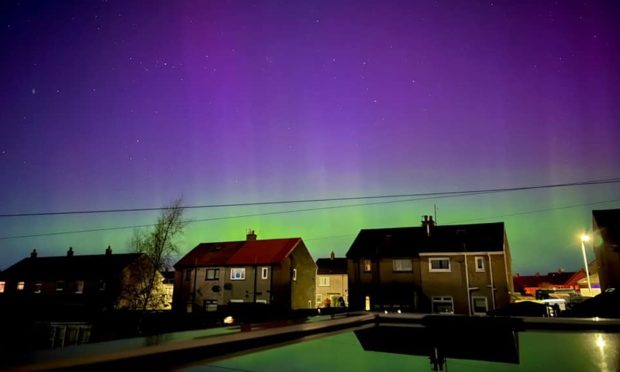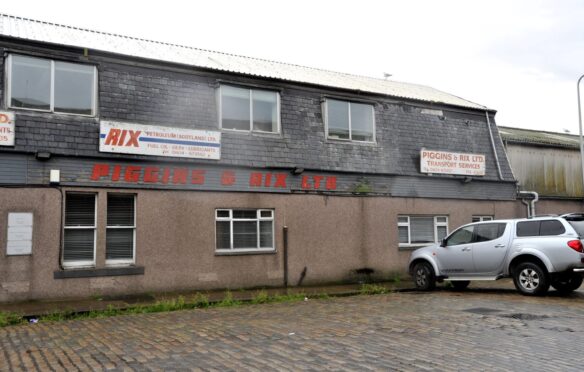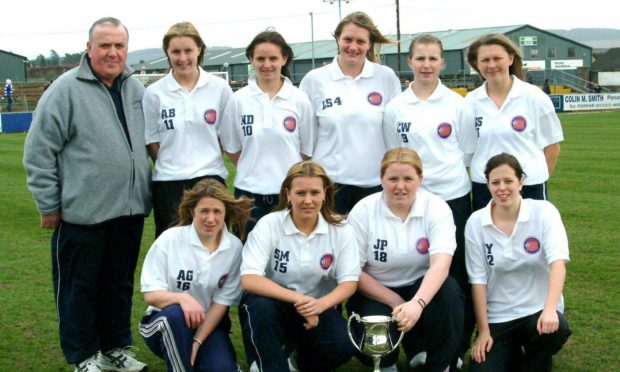Former bare-knuckle boxing champion turned film star Decca Heggie tells Michael Alexander why he’s decided to speak out about his battles with bullies, drugs and mental health.
Solidly built with his massive muscled tattoo-covered frame, the former bare-knuckle boxing champion of Great Britain Decca Heggie looks every inch the ‘hard man’ as he walks the streets of Montrose where he visits to do training.
But the 35-year-old who overcame severe childhood bullying and drug addiction to become a sporting legend and emerging film star has a much more vulnerable side.
The gentle giant has suffered years of mental health problems and depression that on several occasions have seen him consider taking his own life.
Now, in an interview with The Courier, the Cumbrian, who was recently diagnosed with bi-polar disorder, has talked in-depth about his own struggles in the hope that it will encourage other men, from all backgrounds, to speak out about mental health issues and not be scared to seek help.
Decca’s story begins as a child growing up in Old Harraby, a council estate on the outskirts of Carlisle in the north of England, where he was ruthlessly tormented by bullies for years, including being tied to a tree and having cigarettes stubbed out on his body.
It was not until he was 15-years-old that he fought back against his tormentors – and won.
However, he descended into the grip of drink and drugs, and by age 19, he was a drug addict and suffering from mental health issues.
“My family were good with me growing up,” he explained.
“My dad was a ‘hard man’ – a tough gentleman with a bit of a reputation – and my mum was a quiet lady. But from the age of 11, I used to get bullied from a group of local lads.
“They used to call me ‘fatty’. As an 11-year-old, you don’t understand mental health and worthlessness and depression and stuff.
“It’s only when I got to be about 15 or 16 that it started affecting me mentally. By this stage I had grown and knew I could fight. I got the bullies back by hitting them. I got revenge.”
In his late teens, Decca got himself into trouble by targeting the bullies who had targeted him.
It was when he started feeling a “shame and worthlessness” at his growing reputation aged 19, however, that he turned to cocaine as an “escape” from his feelings of depression.
“What would happen is I would take the cocaine, to eradicate all the negativity and it would send me on a really good high,” he said.
“But the thing it did was send me on a 10-year drug addiction. I got addicted to cocaine and I started taking steroids, cocaine, and mixing it all up.
“What happened was through my 20s you are on this massive high thinking you are king of the world and you are untouchable and nothing can happen to you. Then in 2013 when I was 29-years-old, I had a cocaine overdose and I nearly died. This is where the great things in my life started to happen.”
When Decca got out of hospital, having watched Gypsy Traveller fights on YouTube, he decided to take up bare-knuckle fighting as an “escape” from the drugs.
He won his first fight and after being crowned UK champion twice, won the coveted Guv’nor title named after his idol Lenny McLean who, in the 1970s and 80s, was regarded as the “hardest man in Britain”.
Decca, who loves the escapism of acting, got into movies after a director watched one of his fights and he most recently starred in gangster film The Corrupted alongside big names like Timothy Spall and Hugh Bonneville. An autobiography entitled “Prizefighter” tells his uncompromising story.
However, while fighting got him clean of drugs, he continued suffering from anxiety, depression and body dismorphia.
He knew deep down the drugs had “messed” with his head, and in 2016 he started doing social media blogs to talk about his problems.
He was diagnosed with bi-polar disorder in 2018. Doctors say it has likely lain dormant and have told him it likely stems from his childhood bullying and has been enhanced by drug abuse.
But now when the “Black Dog” as he calls his depression creeps up on him, he knows how to manage it and also now does public talks to emphasise the importance of men sharing their feelings.
“A lot of men are very proud and don’t want to speak if they feel down,” he said.
“They are the breadwinners of the house. They’ve got kids they’ve got a house. They’re the Guv’nor of the house.
“When a man opens up in his mind, he thinks he’s showing weakness and when he shows weakness a man doesn’t feel like a man anymore.
“That’s why a lot of men end up committing suicide due to mental health because they don’t speak.
“But being in the public eye now, I’m trying to use my profile to help people and inspire people.
“I class depression like a cancer. If you do not speak and you let it fester it grows and grows and grows like a cancer until finally, it overcomes you.
“But you need to get help straight away whether you speak to your family, your friend, to a doctor, because when you speak you’ve just taken the first step towards a positive life.”
Looking back, Decca is in no doubt that the bullies who tormented him during his childhood “ruined” his life.
But the epilogue to his journey so far is one of forgiveness to at least one of those who wronged him in the past.
“Eight months ago I was walking in Carlisle town centre and I saw one of the bullies who tormented me when I was 11, 12, 13, 14 years-old; he was sitting as a homeless guy, sitting there with his dog,” he sighed.
“I could’ve taken advantage that day. But I didn’t because I don’t believe in hitting a man when he’s down.
“What I did was I put my hand out and I helped the guy – I bought him some food, and a warm blanket. Did he recognise me? Yes, he crapped himself! But I used my experience of life to handle the situation the best way I could. I forgave him. I have been in the darkest places, and the thing about being in the darkest places is that it’s made me mature more as a man.”
